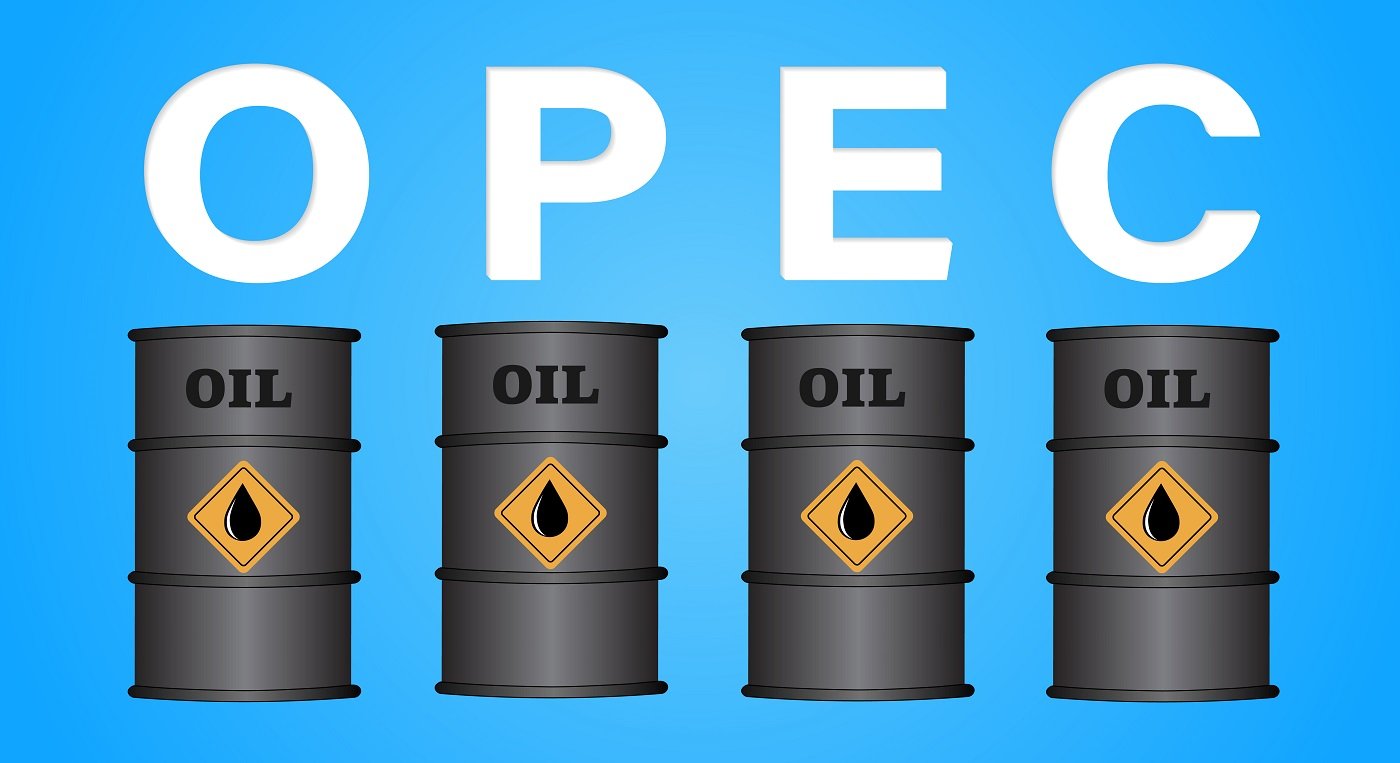Oil rose as much as 2% on Monday after OPEC+ countries kept their production targets flat ahead of the European Union ban and the cap on Russian crude oil.
At the same time, in a positive sign for fuel demand, more Chinese cities eased their COVID-19 restrictions over the weekend, but the erratic relaxation in policies sparked nationwide confusion on Monday.
Brent crude futures rose 72 cents, or 0.8%, as of 0430 GMT to $86.29, while West Texas Intermediate (WTI) crude futures rose 70 cents, or 0.9%, to $80.68.
OPEC+ is sticking to plans to reduce production by 2 million barrels per day. The Organization of the Petroleum Exporting Countries (OPEC) and its allies, including Russia, agreed on Sunday to stick to the October plan to cut production by 2 million barrels per day (bpd) from November to 2023.
Analysts await the market impact of the OPEC+ decision and the EU and G7’s $60-per-barrel cap on Russian sea-transported oil. But Russia is threatening to cut off the supply to any country, which is bound by the price cap.
Although OPEC has remained true to the October plan in production with its decision over the weekend, it will undoubtedly continue to stabilize the market if necessary.
The EU sanctions, the implementation of the price cap, and the narrowing of the possibilities for the release of strategic oil reserves are moving towards tightening the market, even though it is expected the market to be positioned according to this outlook.
The European Union will have to replace the Russian crude oil with oil from the Middle East, West Africa, and the United States, which will create a base for oil prices, at least in the near term.
Despite the EU’s oil import ban on Russian crude and the G7 price ceiling, expectations that demand growth will slow at the moment weigh on prices. The EU ban and the regulation of the upper price ceiling are likely to temporarily support prices.
One of the key factors suppressing demand is also China’s zero-COVID policy. It seems to be easing now after several cities, including Beijing and Shanghai, relaxed restrictions following protests.
In addition to crude oil, the upcoming embargo of the EU on Russian petroleum products from February 5 is expected to support crude demand in the first quarter of 2023, as the market suffers from diesel and heating oil shortages.

